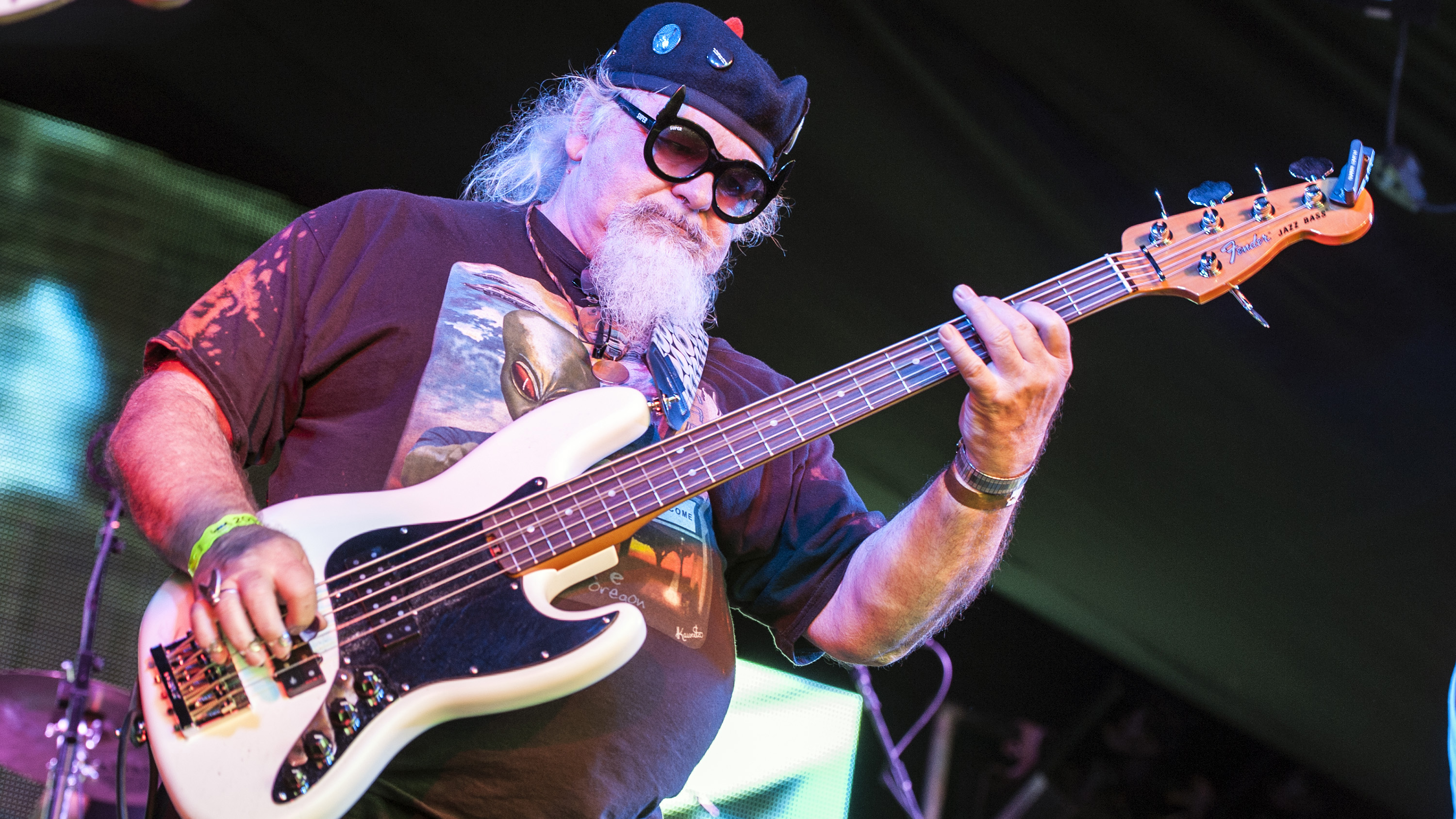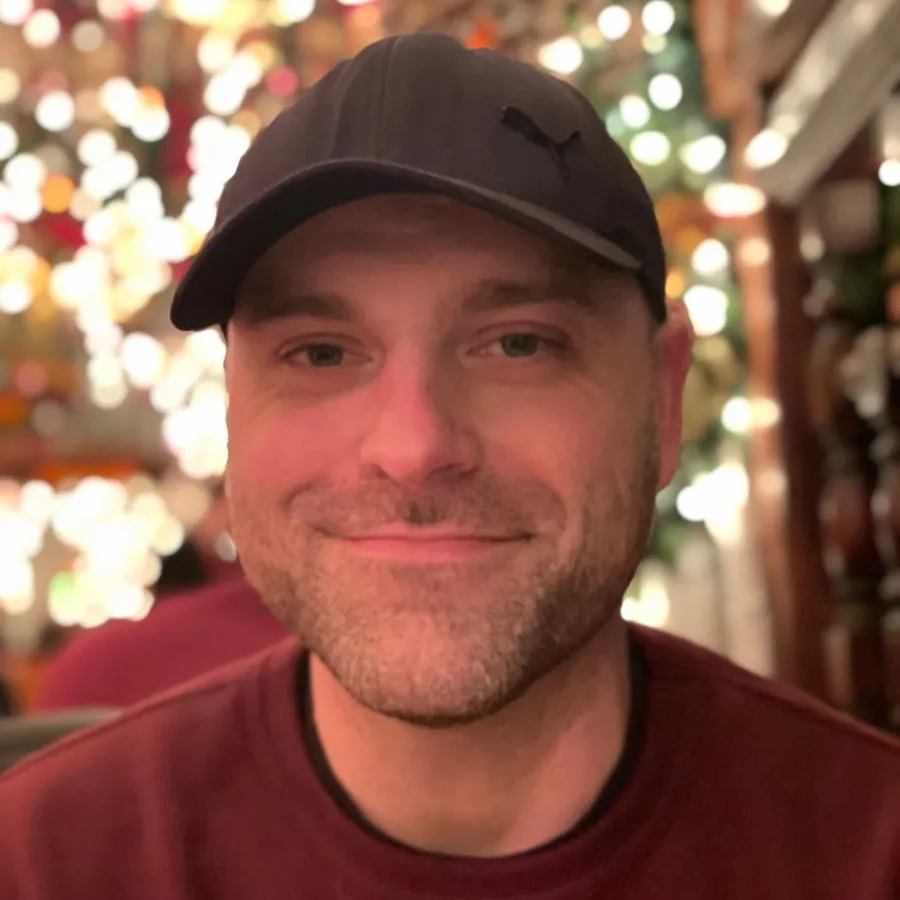“They told me to start playing along, but I didn’t even know what key the song was in. And by the end they said, ‘You’re the only one who made it to the end of the song — you’re hired!’”: The madness of Captain Beefheart’s masterpiece Trout Mask Replica
“Man, it was weird!” recalls bassist Rockette Morton

Want all the hottest music and gear news, reviews, deals, features and more, direct to your inbox? Sign up here.
You are now subscribed
Your newsletter sign-up was successful
Captain Beefheart and His Magic Band’s 1969 psych-rock freakout Trout Mask Replica is considered one of the greatest albums ever recorded.
However, it’s also polarising, with its blend of jazz, blues, R&B, garage rock and all-out craziness.
Trout Mask Replica is also infamous, as its mastermind, Don Van Vliet, aka Captain Beefheart, would change the music on a whim and punish his so-called Magic Band mentally, emotionally, and sometimes physically.
In short, Beefheart was a genius who bred results, but he was also a bully.
However, the conditions within Beefheart's little house in Woodland Hills, California, manifested something special in Trout Mask Replica.
And now, all these years later, bassist Rockette Morton tells MusicRadar how this astonishing album was created.
Morton joined the Magic Band just as the Trout Mask sessions were kicking off, and he says of the whole experience: “Man, it was weird!”
Want all the hottest music and gear news, reviews, deals, features and more, direct to your inbox? Sign up here.
The first time Morton saw Beefheart and the Magic Band perform live was shortly after the release of their second album Safe As Milk in 1967.
“They were a local California band,” he recalls, “and they were playing some of the best blues I'd ever heard.
“They were really good players. So, I really wanted to be in the band. And then Don [Captain Beefheart] called me up one day, saying, ‘Do you have a white shirt?’
“It was a joke. A white shirt used to be his band’s uniform.
“So I auditioned, and thought I was gonna be playing blues, but I walked in right into the middle of them rehearsing for Trout Mask Replica.
"They just told me to start playing along, though I didn’t even know what key the song was in.
“I started making noise and trying to keep up with what was going on, and there was just a lot of energy to it.
“And by the end, they said, ‘You’re the only one who made it to the end of the song — you’re hired!’”
The producer of Trout Mask Replica was none other than Frank Zappa.
“Frank just recorded what we did,” Morton says. “He had nothing to do with creating the music or directing it.
“But [Zappa and Beefheart] had known each other since high school. And Frank really helped get the band’s name out there because the budget we had for Trout Mask Replica was really tiny.”
That tiny budget meant that the recording sessions were rigorous to say the least.
“I think we did 20 or 22 songs in eight hours,” Morton says. "We only got to retake a couple of them, if I remember right.
“It was just bam, bam, bam, bam, you know?”
The material for Trout Mask Replica had been honed in a small house where the members of the Magic Band all lived together.
Says Morton: “We all lived in that little house in Woodland Hills, California. We were in that place for nine months, so I’d go out to the desert sometimes, just to get out of there, and go visit my folks.
“But we just stayed in that house and worked on music, sometimes, for twenty-four hours a day. Sometimes, we’d stay up for two or three days in a row.
Morton says that Beefheart ruled with an iron fist.
“He was very heavy-handed. He kept having these meetings, like how the Marines would, to try to tear you down. He’d try to beef you up like a man — that kind of stuff.
“But a lot of it was just his personality, and there were times when he was a lot of fun to be around.
“It was more John French [drummer] and Jeff Cotton [guitarist] who caught the brunt of his anger, or whatever you want to call it. He was just hard to deal with, but he was fun sometimes, too.”
Beefheart was known for communicating what he wanted in odd ways.
“Well, it was all structured,” Morton says. “He had a system where he would sit at a piano and just ramble sometimes for hours. And every once in a while, he would say, ‘Write this down…' and John French would stand behind him and watch. So John would write it down, and then he’d show me the parts. And I’d have to practice them and come back after I’d learned them.”
That would have been all well and good except for the fact that Beefheart liked to change things on the fly.
“That was aggravating,” Morton says. “We’d be working on music, because it was so complicated, and then Don would come running in saying, ‘I’ve got another idea…’ — and we’d have to drop everything and start something new.
“And this was 24 hours a day sometimes, just because he was so prolific. But it was John, in my opinion, who pulled it all together.”
Morton recalls the gear he used in these sessions.
“I had four-string Fender Precision basses. But I wore several out because I had to start wearing metal fingerpicks, which were really stiff.
“It was like playing banjo because there were a lot of chords, and it was a process to learn how to attack those parts with metal fingerpicks.
“But it really worked. That stuff was so precise, and it turned out great with the metal fingerpicks.”
Morton names his favourite song from Trout Mask Replica.
“I like Steal Softly Thru Snow. It’s my favourite because it’s the perfect energy song.
"Playing it was a lot of fun. And when we played it live, the audience would send that energy back — it would become an energy cycle.
"I always felt so energised playing that song, simply because of the energy flow and the back-and-forth.”
The making of this album was at times a gruelling experience.
“They weren’t even paying us!” Morton reveals. “We were living on food stamps and government cheese. I even had to draw unemployment.”
But in the end, Morton agrees that Trout Mask Replica is an all-time great album.
“Artistically, that album is at the top,” he says. “And it was inducted into the Library of Congress, so that was kind of cool.
“It’s not my favourite Beefheart record — that would be Safe As Milk.
“But you know, Trout Mask Replica is definitely one of the best albums that anybody has ever made."
Andrew Daly is an iced-coffee-addicted, oddball Telecaster-playing, alfredo pasta-loving journalist from Long Island, NY, who, in addition to being a contributing writer for Guitar World, scribes for Rock Candy, Bass Player, Total Guitar, and Classic Rock History. Andrew has interviewed favorites like Ace Frehley, Johnny Marr, Vito Bratta, Bruce Kulick, Joe Perry, Brad Whitford, Rich Robinson, and Paul Stanley, while his all-time favorite (rhythm player), Keith Richards, continues to elude him.
You must confirm your public display name before commenting
Please logout and then login again, you will then be prompted to enter your display name.
